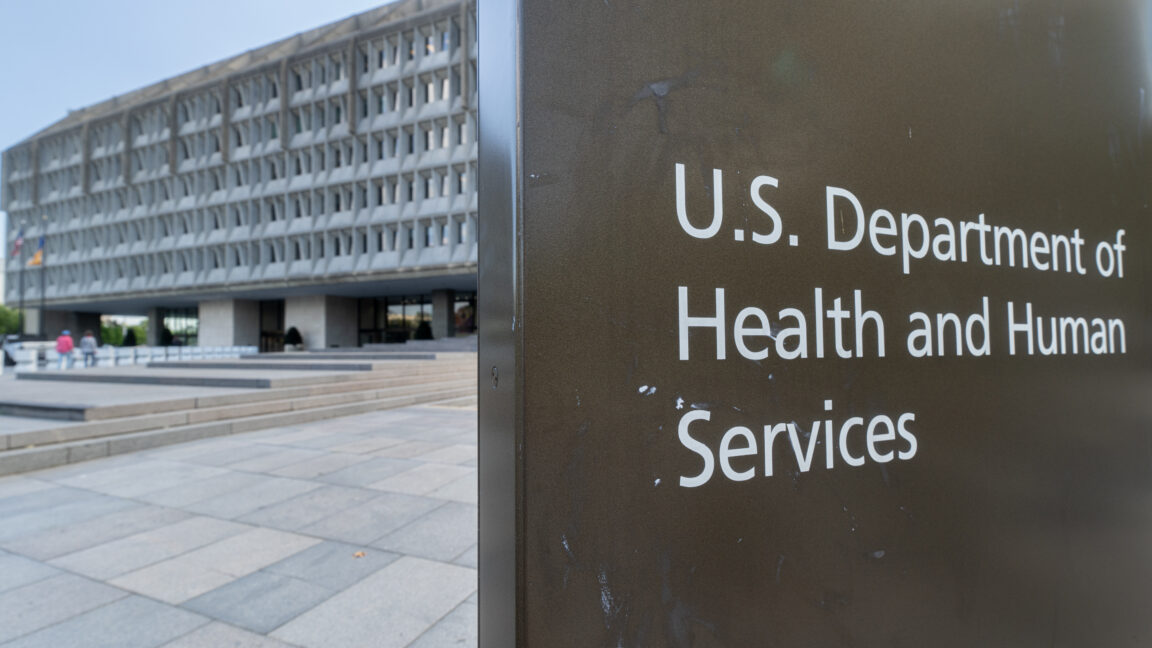The Biden administration on Tuesday issued sweeping health care proposals that would see Medicare plans greatly expand access to blockbuster GLP-1 weight-loss drugs, bar insurers from skipping out on paying certain claims that were granted prior authorization, and reinforce guardrails on the use of AI.
The proposals fit into the administration's existing aims to improve and protect access to care in Medicare and Medicaid programs. But, the future of the proposals is uncertain, as it will be up to the Trump administration to finalize the policies.
Anti-obesity drugs
The flashiest of the proposals is to reinterpret existing law in such a way as to allow Medicare and Medicaid coverage of anti-obesity drugs—particularly the extremely popular and pricy GLP-1 drugs Wegovy and Zepbound. Existing policy excludes coverage of drugs used for "weight loss" or "weight gain."
But "increases in the prevalence of obesity in the United States and changes in the prevailing medical consensus towards recognizing obesity as a disease since the beginning of the Part D program in 2006 have compelled CMS to re-evaluate Part D coverage of anti-obesity medications," the proposed policy notes.
The Biden administration estimates that about 4 million people on Medicaid and 11 million people on Medicare will gain access to the drugs under the proposed policy. For Medicare enrollees, coverage would cover up to 95 percent of prescription costs. The government's tab over a 10-year period would run an estimated $25 billion for Medicare and $11 billion for Medicaid. States would pay about $4 billion. If all estimates are correct, that would be about 1 percent of total drug spending for the decade.
Prior authorization
Elsewhere in the over 700-page proposal, the administration lays out policy that would bar Medicare Advantage plan providers from reopening and reneging on paying claims for inpatient hospital admission if those claims had already been granted approval through prior authorization. The proposal also wants to make criteria for coverage clearer and help ensure that patients know they can appeal denied claims.
The Department of Health and Human Services notes that when patients appeal claim denials from Medicare Advantage plans, the appeals are successful 80 percent of the time. But, only 4 percent of claim denials are appealed—"meaning many more denials could potentially be overturned by the plan if they were appealed."
AI guardrails
Last, the administration's proposal also tries to shore up guardrails for the use of AI in health care with edits to existing policy. The goal is to make sure Medicare Advantage insurers don't adopt flawed AI recommendations that deepen bias and discrimination or exacerbate existing inequities.
As an example, the administration pointed to the use of AI to predict which patients would miss medical appointments—and then recommend that providers double-book the appointment slots for those patients. In this case, low-income patients are more likely to miss appointments, because they may struggle with transportation, childcare, and work schedules. "As a result of using this data within the AI tool, providers double-booked lower-income patients, causing longer wait times for lower-income patients and perpetuating the cycle of additional missed appointments for vulnerable patients." As such, it should be barred, the administration says.
In general, people of color and people of lower socioeconomic status tend to be more likely to have gaps and flaws in their electronic health records. So, when AI is trained on large data sets of health records, it can generate flawed recommendations based on that spotty and incorrect information, thereby amplifying bias.


